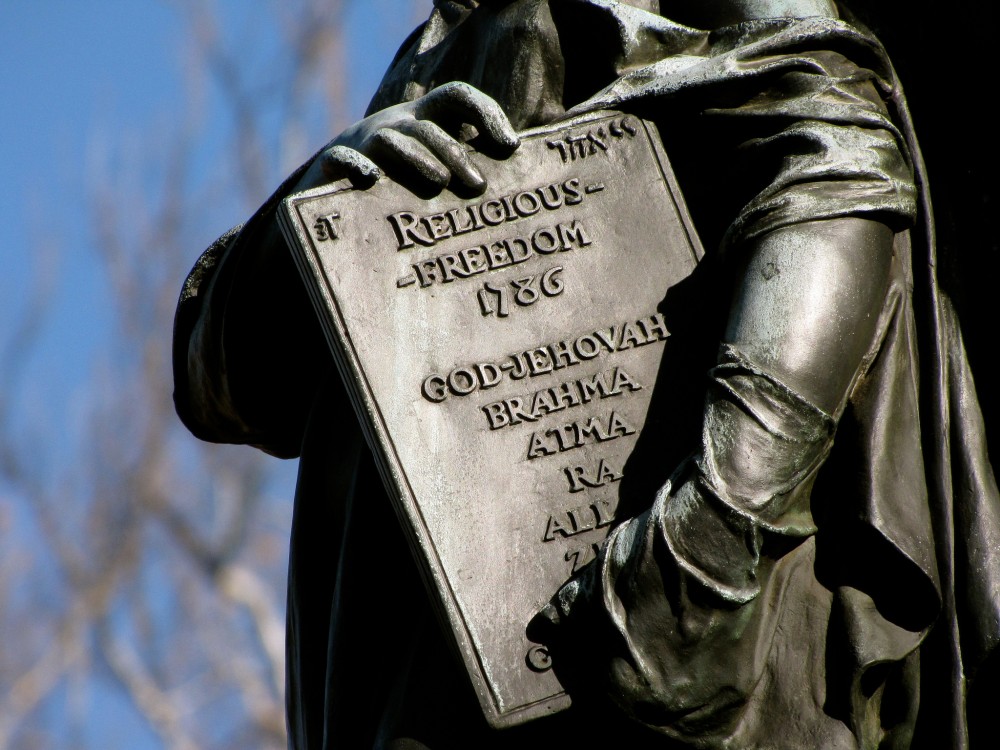Americans have never agreed on what religious freedom means
Peyote use has been defended with religious liberty arguments. So has Bible reading in public schools.

The American ideal of religious freedom has rarely seemed more controversial than it does today. While some continue to see it as the “first freedom” that grounds American democracy, others contend that it unfairly privileges those who claim the mantle of religion. Public commentary on all sides of this debate pits religious freedom against progressive values such as reproductive rights for women and equality for LGBTQ people—and even more broadly against the ideals of diversity and inclusion for all.
Such analysis flourished after Burwell v. Hobby Lobby Stores, Inc. (2014), when the Supreme Court ruled that privately held corporations whose owners claimed religious objections could not be required, under the Affordable Care Act, to include coverage for contraception in the insurance they provided for employees. The affected employees could still access such coverage, the court noted, through a process that the Obama administration had already crafted to accommodate religious nonprofits with the same objection. But this compromise did not resolve the dispute. Over a hundred nonprofits protested that simply filling out a form to facilitate contraceptive coverage made them complicit in something that violated their religion. While the legal issues here have not yet been resolved, the court ruled in a more recent case (Zubik v. Burwell, 2016) that while the government was free to provide such coverage, objecting institutions could not be penalized for their failure to cooperate.
Similar questions remain unresolved regarding same-sex marriage and transgender rights. Should private businesses (or individual government employees) be required to serve same-sex couples, whose marriages are now protected by law, even if they believe homosexuality to be against the will of God? The Supreme Court will address that question this term in Masterpiece Cakeshop v. Colorado Civil Rights Commission.



